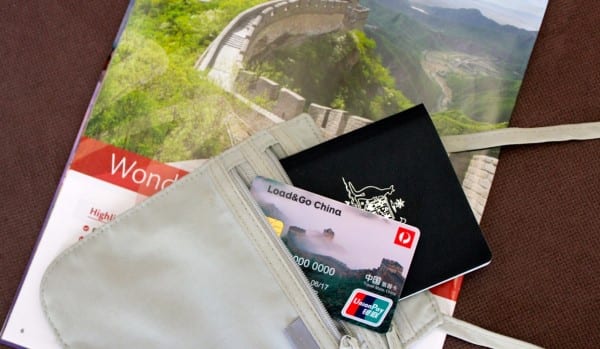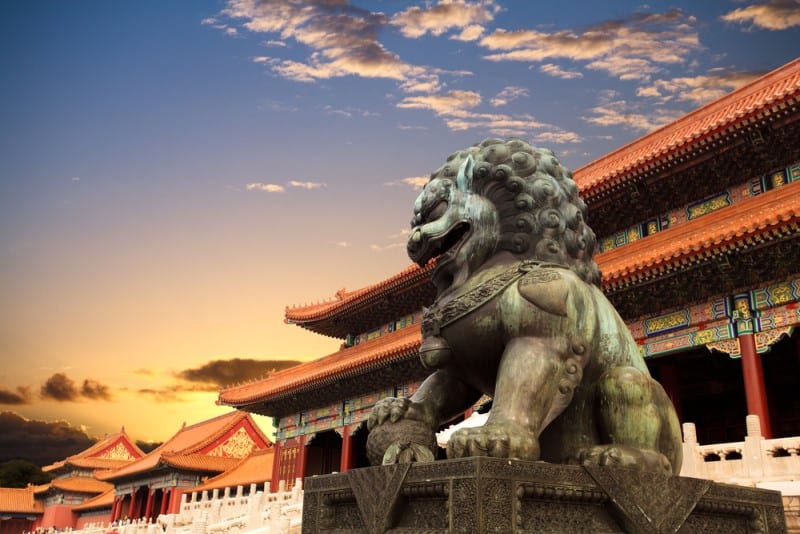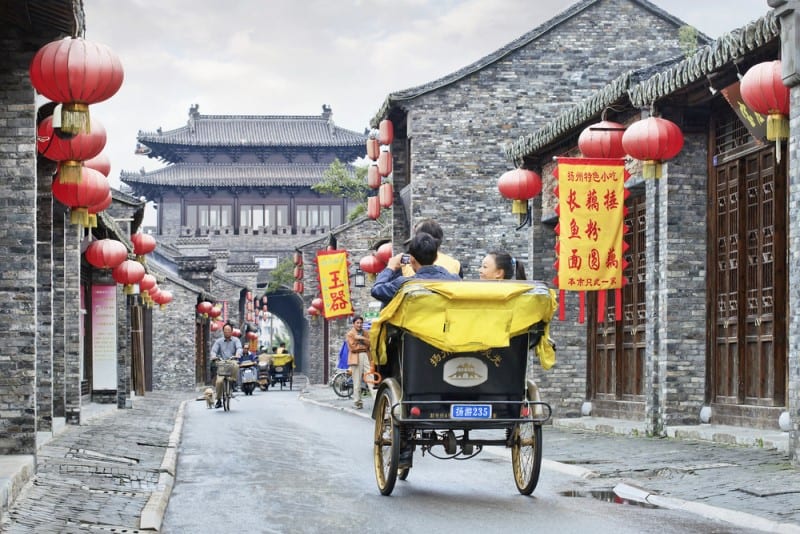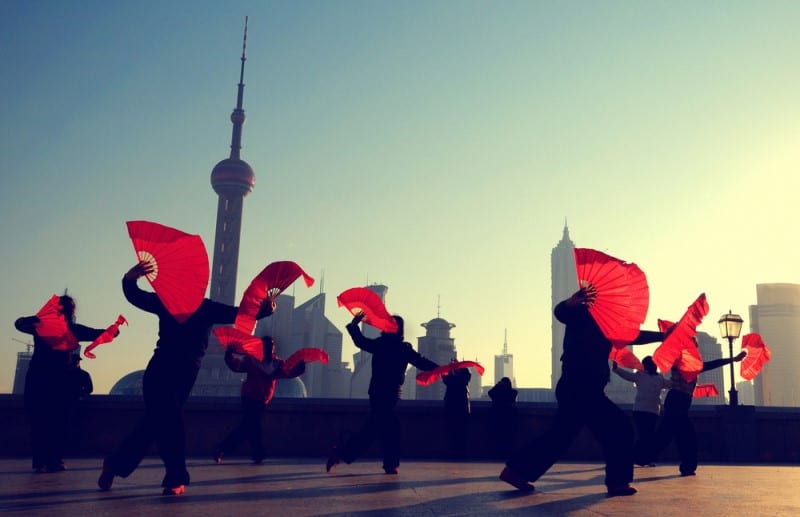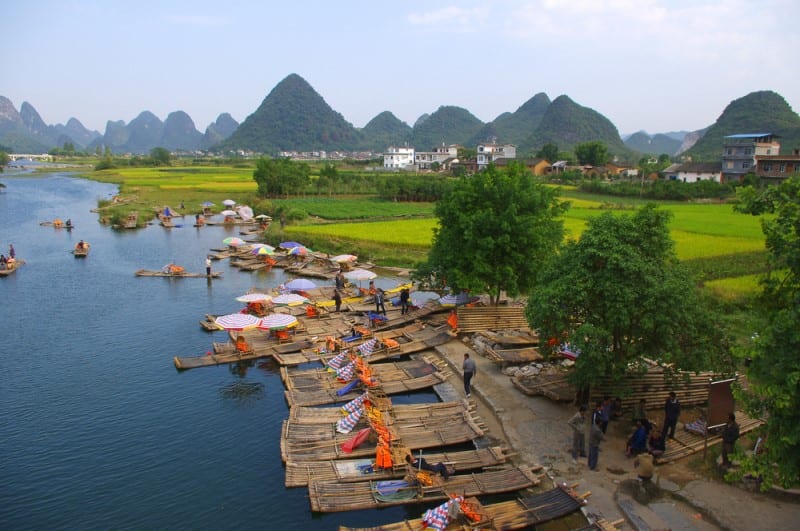10 Things You Should Know Before
Traveling To India
1. The Traffic is Insane
Believe the hype and
the movies that show cars not sticking in the same lanes. In Delhi India Lucknow , Aligarh , and Meerut India
2. Do not have the street food or water
This is a given. Food
is amazing but if you’re not used to the street food you’re probably going to
get sick. Most of the diseases are also water-born so instead of tap water stick
to bottled water or sodas, especially if you’re traveling to smaller villages
and towns.
3. If you’re a woman, be very careful when traveling alone
As a foreigner you’re
probably already going to get strange looks. Cover up; it’ll help. In a
conservative country, a lot of men aren’t used to tank tops and shorts. Sadly, India
4. Become an expert at bargaining
Do not get intimidated
by the fact that you’re a foreigner. When going to street markets or shops,
bargaining is natural in India
5. Be aware of the pollution
It’s getting really
bad but it’s tolerable. I’ve had asthma so at times a little more dust and car
traffic here and there can spark it up again. Don’t feel silly wearing a mask
and or covering up with a scarf. Also, it’ll help to carry make up remover with
you. The pollution can really sneak into your skin and cause breakouts. If you
need to, clean your face as much as possible.
6. Do not pet stray dogs
I recently rescued a
newborn puppy from a dog that had been living outside my house for months. I
gave it shots immediately and had it cleaned. Dogs in India India
7. There are a lot of poor people begging for money
There’s a huge poverty rate in India New Delhi
8. Dress to Respect
In certain areas and places in India
9. You’ll often hear the azan (call to prayer) played on the
loudspeakers.
In the north (and many
middle eastern countries) there’s a huge Muslim population. Especially
traveling to Kashmir and places like Lucknow and
Aligarh
10. There are different dialects and very distinct cultures
throughout India
Many people I’ve
encountered in the US India is different, from the beautiful beaches
in Goa and Kerala to the Architecture in Agra
11. The public transportation is like no other.
If you thought the
subway in New York is nuts, the buses and
trains are in India
12. There are a lot of guesthouses
Depending on what part
of India New Delhi Kashmir . Be aware though, in a lot
of guesthouses and households in India
13. There’s a tremendous respect for elders
You’ll hear kids call
you didi, aunty, bhai, or uncle. Even younger siblings refer to the elders by
bhai or didi. These are just signs of respect
India Travel, Tours HD




